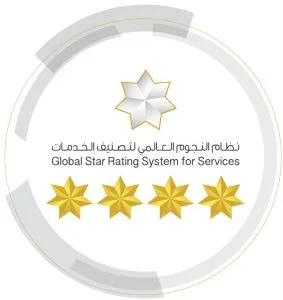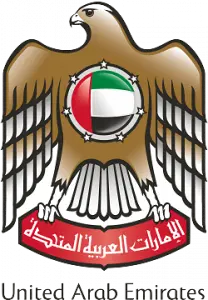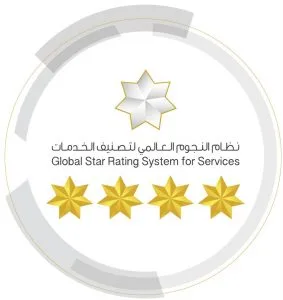18/07/2014
The holy month of Ramadan is here upon us, the month of goodness, blessing, kindness and good deeds. We have all been waiting for it impatiently and passionately. We feel blessed to be part of it now, and may Allah bless the deceased who missed it and wished they were part of it too.
Ramadan is here to renew faith, give us ample opportunities for good deeds, close the doors to hell and open the doors to heaven. Let’s work together and exert utmost efforts to excel in this month of goodness. We can be creative in acts of kindness and compete to harvest the rewards; we can diversify in mobilizing efforts and bringing out our hidden talents.
We can excel with Allah in worshipping and obedience, in reading the Holy Quran and understanding its verses and in praying to Allah and seeking His forgiveness so that we are among those mentioned in the verse: “… and the men who remember Allah often and the women who do so – for them Allah has prepared forgiveness and a great reward”. Let’s seek to be among the residents of Heaven and let’s seek forgiveness in this Holy Month.
We can excel with ourselves by developing ourselves and our way of thinking and always encouraging ourselves to think good of others and think positively and look with confidence and determination to what we want to be and what we aspire to. This can be done intellectually by reading and researching and meeting with intellectuals and listening to lectures that are commonly held after Taraweeh prayer throughout the UAE mosques. It can also be done from a health and physical aspect by changing our dietary habits and following the example of Prophet Muhammad (SAWS) in delaying the Suhoor meal and hurrying the Iftar meal. He also said a third for food, a third for drink and a third for you. We can also increase our portions of drinking water, eating salads and fruits and exercising. After this blessed month, we should seek self-assessment.
We can excel with others by being devoted, obedient and kind to our parents asking for their contentment and visiting relatives and asking about them. We should visit the sick people and be kind to people in general and do charity acts even if little. We should smile often; smiling is a charity for those who cannot afford otherwise. We should respect the elderly and be compassionate towards the youngsters; we should give the poor and the orphans. We should excel in training our children to do all that and respect others regardless of their class or group.
We can excel in work by complying with the arrival and departure times and not be late on the pretext of fasting and sleeping. We should be cheerful when dealing with customers, assisting them in solving problems, facilitating matters for them and guiding them towards the proper procedures.
We can excel by removing any harm from the road and be kind to cleaning workers and use our time in useful matters and not talk about others behind their back. We can cooperate to assist colleagues in what they need, while seeking reward from Allah.
In this manner, we can achieve excellence in this Holy Month, leaving it with a great reward and significant change and positivity in our lives in all its intellectual, professional, social and health aspects.



